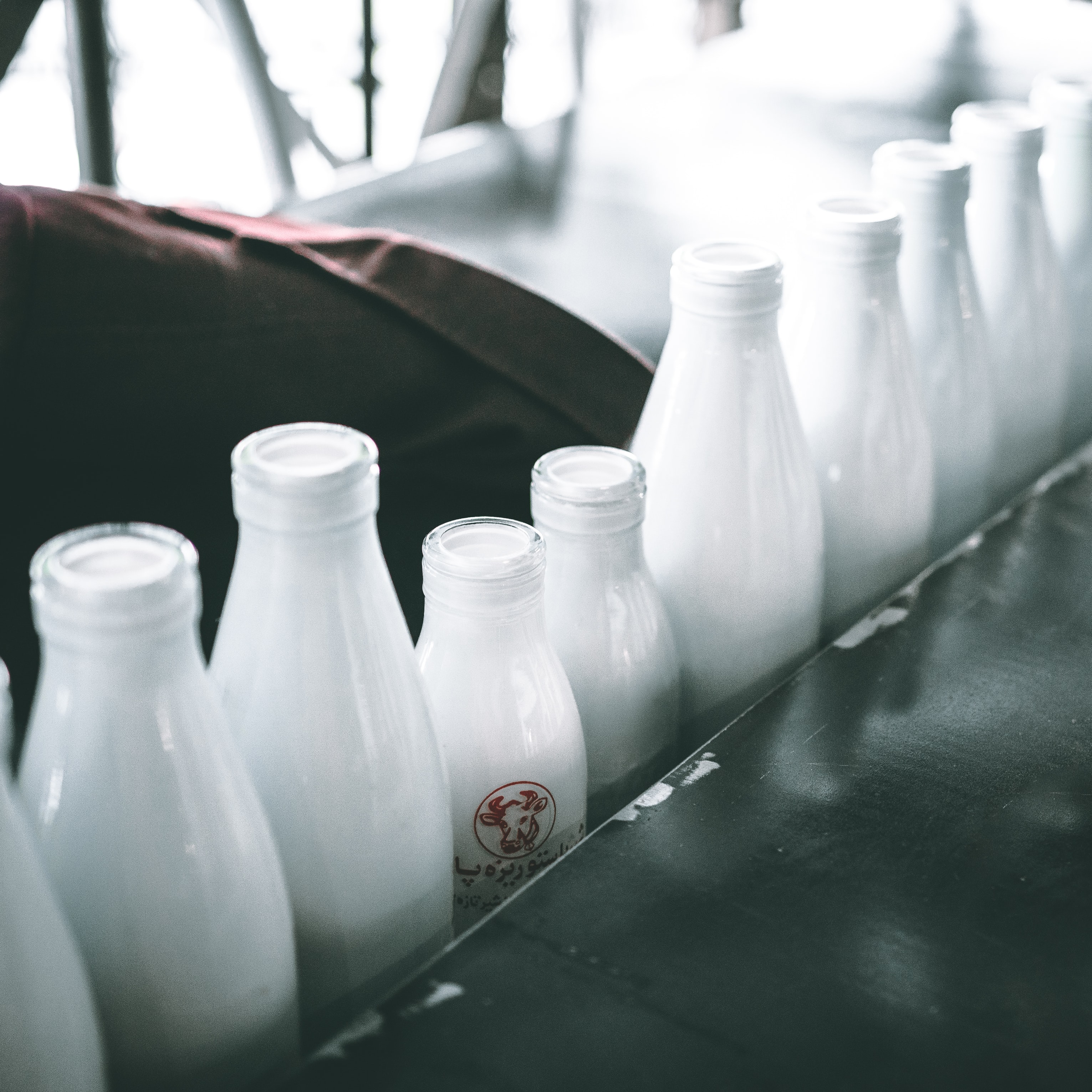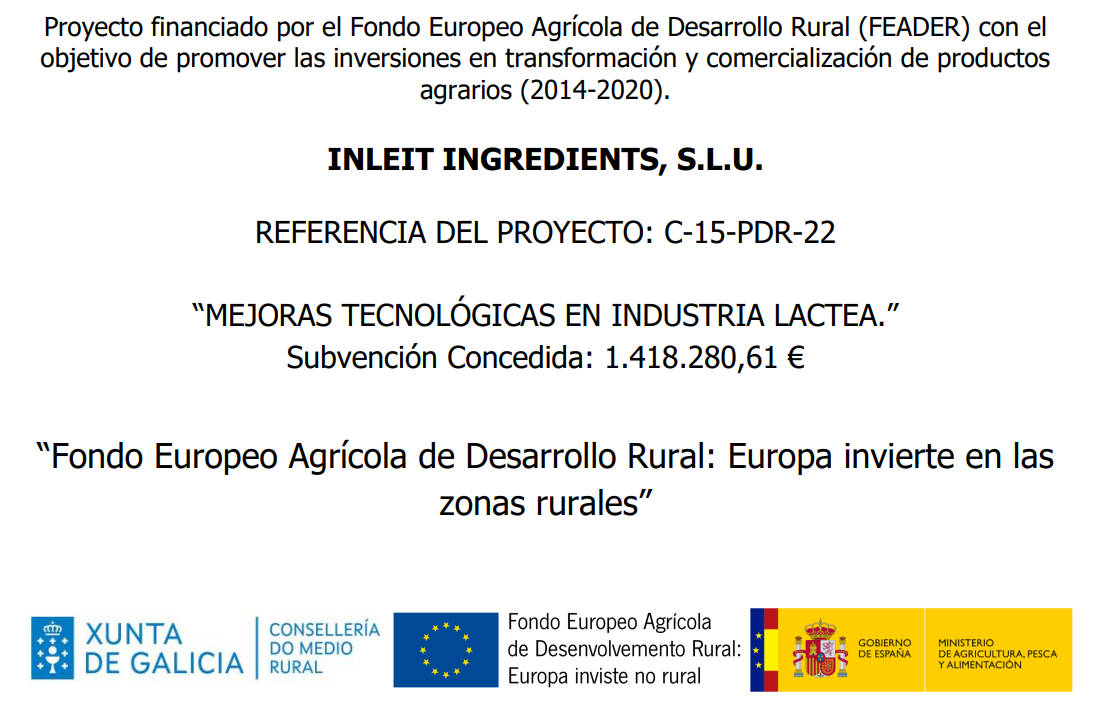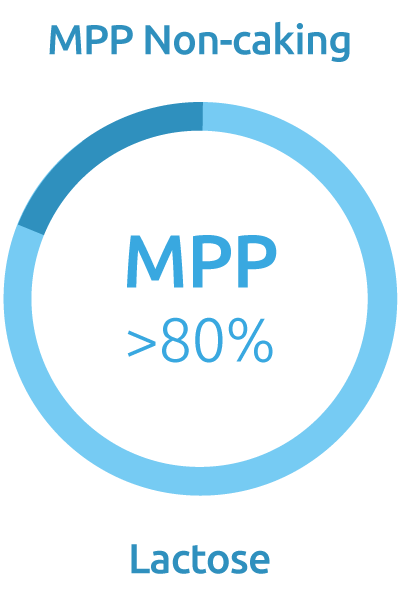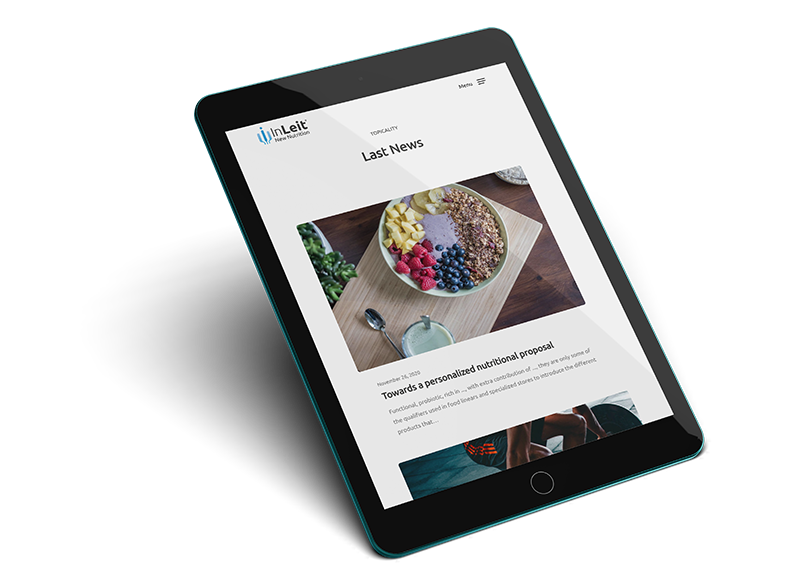The increasing world development, the appearance of more and different allergies and a greater knowledge of the functioning of our organism -thanks to scientific advances- are just some of the reasons that explain the increase in the demand for infant and follow-on milk. Proof of this growing interest is the number of patents for these products in the last decade, as reflected in a recent Mintel report, whose data indicates the advance from 47 patents registered in 2009 to 167 in 2019 in the family of infant milk, which it means tripling the number of patents in this family of articles in a decade.
Research for new formula milks is especially framed in achieving improvements for specific groups such as premature babies or those with prominent allergies. In the first case, these products play a key role in situations in which the mother cannot offer breastfeeding or the baby requires a food supplement, since many have greater weakness and it is necessary to strengthen their immune system.
Digestion is another of the fields that has led dairy producers to be interested in research that allows a healthier and more digestible diet for the little ones. Thus, some of the recent patented formulas are aimed at reducing diarrhea problems in newborns and others at improving the malabsorption that some babies have with breast milk or derived from cows.
New currents of thought or social changes are other reasons that have generated the rise in the infant milk market in different areas of the continent. Thus, in countries such as the US, China or the United Kingdom, the percentages of parents who seek extra contributions in these foods for a better development of their children grows year by year. Added to this is the strong demand from China in recent years, following the abandonment of the one-child policy and its higher economic growth.
In fact, although most of these patents are in the hands of the largest and best-known global producers, there are already local brands in the Asian market that also have a number of important patents for infant formula.
In short, although breastfeeding is maintained as a recommendation to feed newborns by the WHO and UNICEF, there are multiple factors that make it necessary to continue investigating new formulas to improve these baby foods and that explain that we are in a rising market , after the setbacks suffered by the economic crisis and the trend towards low birth rates in European countries.
In this framework, the role of milk protein is key. Around 80% of the formula milks on the market are made from cow’s milk, after going through a meticulous process to treat proteins and make them as similar as those contained in breast milk, in taste and optimal nutritional characteristics. In addition to making it safer and more digestible for the baby. The prevalence of allergies, digestive problems and the search for foods with fewer additives and sugars mean that we are facing a market forced to continue innovating in order to reach a more demanding consumer, especially when it comes to the smallest of the house.















